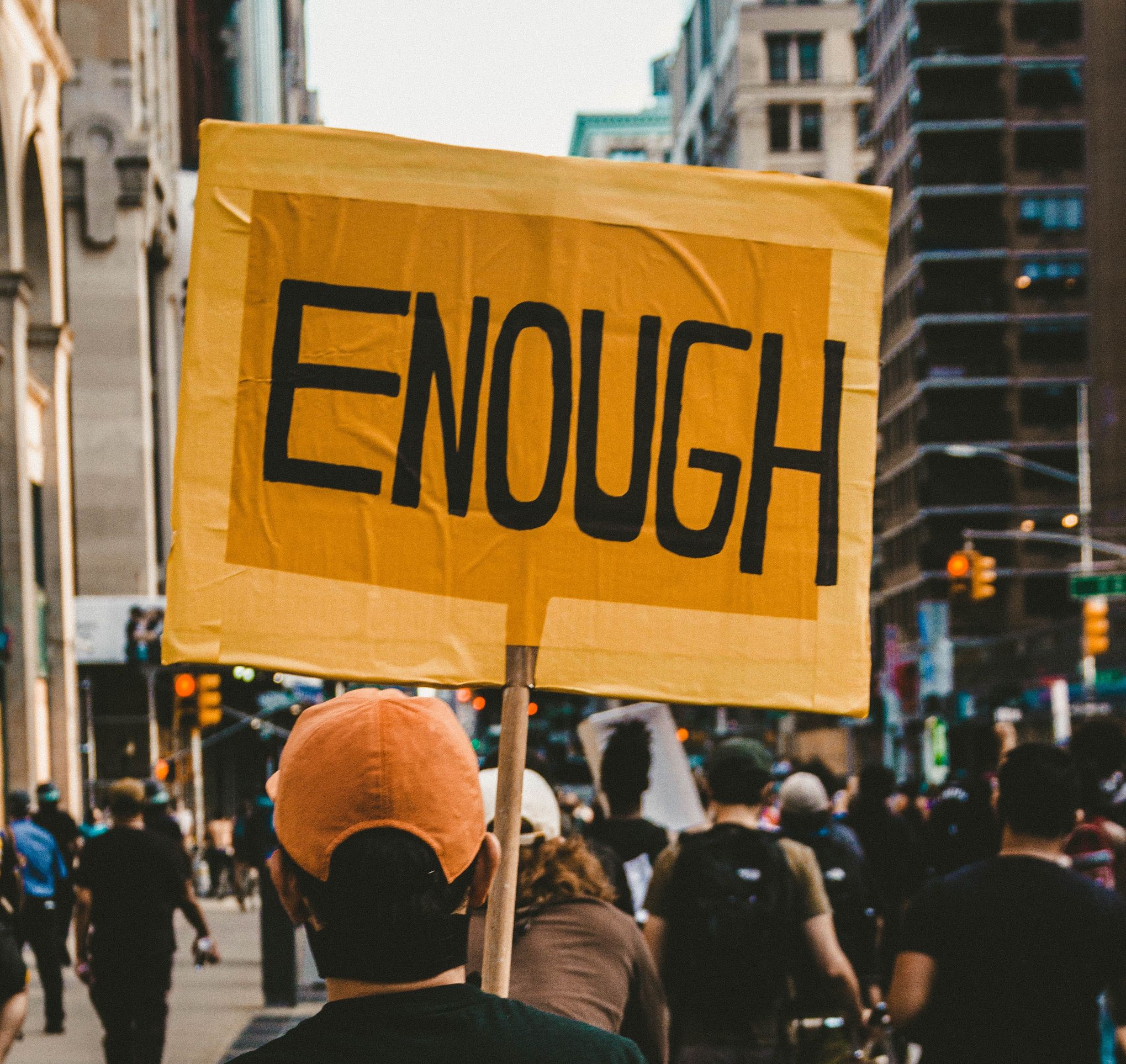In France, a diverse group of people across the country were randomly selected—shop workers, unemployed people, lawyers, academics—and brought together to ensure France achieves its environmental obligations.
Called the Citizen Council, the project was set up by President Emmanuel Macron in 2019. They’ve since met seven times, over a nine-month period, with the aim to reduce CO2 emissions by 40 percent by 2030 compared to 1990.
The council has now delivered its long-awaited recommendations for the government to consider implementing—an extensive list of 149 proposals, covering energy efficiency, housing, agriculture, mobility and ecological taxation.
These include:
- Reducing the speed limit on motorways from 130km to 110km per hour
- Supporting more vegetarian meals in public places
- Providing financial support to help people buy ‘green cars’
- Limiting advertising for products polluting the environment
- Reducing excessive packaging
- Banning heating outdoor café terraces, and keeping lights on in shops at night
“Ecocide”
Perhaps the most attention-grabbing proposal are calls to change the constitution to make “ecocide” a crime.
This would be an act that “causes serious environmental damage on a global scale, committed with the knowledge of the consequences and [which] cannot be ignored.”
The idea is to punish a company committing ecocide by imposing a fine on the business executives, tied to a percentage of turnover, alongside an obligation to compensate for the damage caused.
Left-wing MPs had previously tried to introduce ecocide into the criminal code, but parliament didn’t support the idea: Some representatives reportedly feared the impact of additional environmental controls on businesses.
The council was drawn together as a way to not only confront the environmental challenges facing the country, but also provide an outlet for the frustrations that powered the “Gilets Jaune” (Yellow Vest) movement, a wide-ranging movement calling for social justice and lower fuel prices.
Other proposals
On transport and travel, the council stated that the movement of people and transport of goods as produced today represent more than 30 percent of greenhouse gas emissions in France. The council, therefore, made four thematic recommendations: reassess the use of individual cars, optimise road transport of goods, help transition to a cleaner fleet of vehicles and limit the effects of air transport.
Among the goals about consumption, there are recommendations to include a display of the carbon impact of products and services; regulate advertising to reduce incentives for overconsumption; limit the use of single-use plastic by implementing a glass deposit system; and bring more sustainable education into the French school model.
There are also recommendations for housing (a less polluting city); work (making it compulsory to be able to repair manufactured products solid in France); and food—reinventing a sustainable food system accessible to all.
Government response
Environmental Transition Minister Elisabeth Borne praised the committee’s “ambition”
“The president is preparing an economic reorganisation that is ecological and inclusive. Your work will be at the heart of the project,” she said, as reported in France24.
“It’s useless to pass laws and issue decrees if the laws are not respected. I am very clearly in favour of strengthening sanctions against environmental damage and having specialised judges.
The site also quoted her further: “Given the ecological and climatic emergency, we cannot respond to the challenge with small measures.
“We need strong measures, and in order to adopt strong measures, we must ensure that we have the support of the French.”




